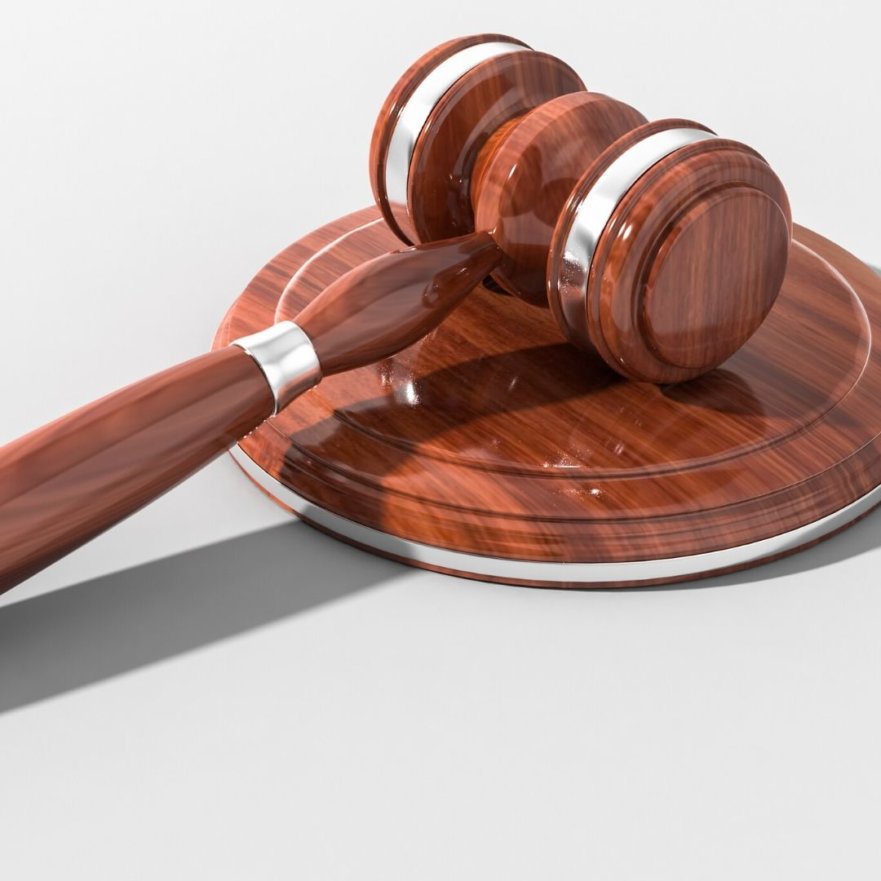Preapring for judicial services?
We provide online classes for all Judicial Services preparation with full-syllabus coverage & mock tests
Click here for more details!Important SC Judgments of 2024
1. Sec 125 CrPC:
Mohd. Abdul Samad v. State of Telangana
2. Sub-classification of SCs:
State of Punjab v. Davinder Singh
3. In Re: Article 370 of the Constitution
4. Appointment of Election Commissioner:
Anoop Baranwal v. Union of India
5. Constitutional Validity of Electoral Bonds:
Association for Democratic Reforms v. Union of India
6. Section 498A:
Prateek Bansal v. State of Rajasthan
Preparing for Judicial Services Exam?
We offer comprehensive Study Material and Notes for all State Judiciary Exams, including local laws.
Click Here to know more!

Comments 1
Need to prepare for exams